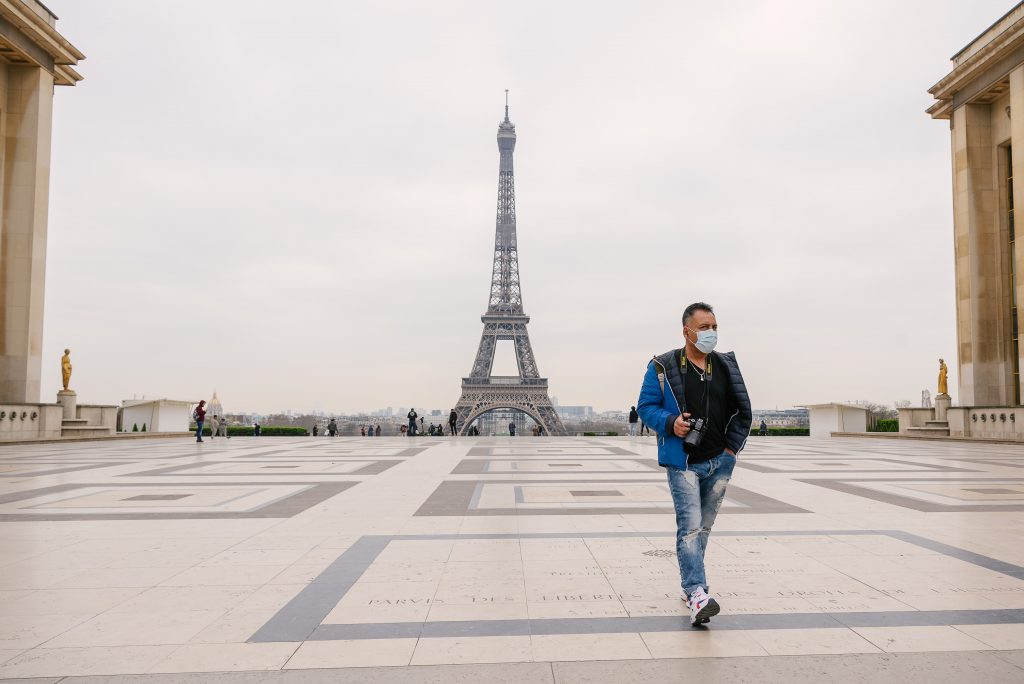Kristel Halman, an Estonian expat, living near Toulouse, France, writes about her and her family’s life in a “war zone” where, due to the spread of the coronavirus, going out without a paper of authorisation and a compelling reason can get you fined or arrested.
“We are at war,” the French president, Emmanuel Macron, repeatedly said during his speech on TV on the evening of Monday, 16 March.
Seems we are at war with an enemy that was let into the country a while ago and monitored while it was doing its job little by little. No radical measures were taken, except for closing the schools where a case was already confirmed, isolating the infected and checking in with their recent contacts. The French authorities kept saying: everything is under control, we are prepared, wash your hands and stay home if you feel sick. Probably like in many other countries. Until it was not enough, and now we are at war with an enemy that has become stronger than we expected. Why were we sleeping eyes wide open: seeing things that were happening in China but not taking any radical action to nip it in the bud?
The first European case was diagnosed in France towards the end of January. All the first infected people caught the virus in Asia; they were immediately hospitalised and taken care of – and most were cured and released within weeks. We saw the enemy was already here, yet we chose to look from a distance. No public alarm.
Until one diagnosed elderly tourist died in a Paris hospital. Until the first bad news arrived from Italy towards the end of February. Until there were first cases of positively tested people in small towns and the death of a 60-year old teacher who had not visited China nor Italy. More clusters popped up in different parts of France, the number of the infected people skyrocketed. Then most of us understood something was very wrong.
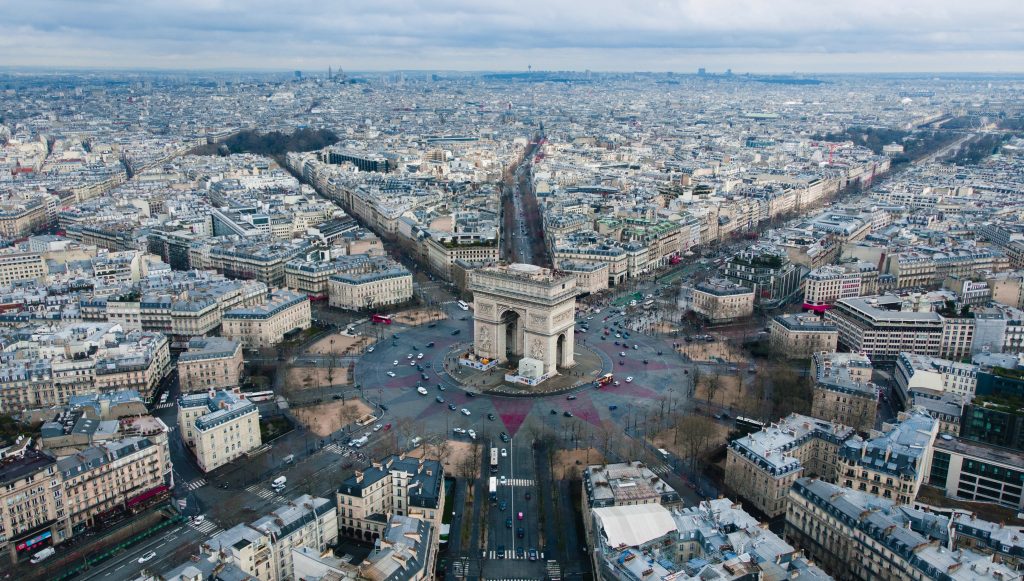
Fast forward into the last week when things got really busy. President Macron gave a speech on TV to the French people on Thursday, 12 March, announcing, finally, that crèches (nurseries – editor), schools and universities would close next Monday and companies should favour teleworking if possible. Some financial measures to help the people and companies affected by the changes were introduced. The elderly and the fragile were told to stay home as much as possible, and the rest also minimise their social contacts. We felt something was going to happen. However, Macron did not cancel the upcoming local elections and this seemed really strange, given the severity of the situation.
No curfew for local elections
I hoped the company I’m working for would also favour work from home. I’m a language teacher for professionals, and, in my opinion, Skype lessons were perfectly doable from home. The emails from work said the contrary: the students could opt for online lessons if they were not able to come to our centre, but we were expected to be present.
I felt uneasy, thinking of going there by public transport on Monday morning and being exposed to the possibly ill students who chose to be present in person. My parents-in-law forbade me to go and told me to use “droit de retrait” – which means you can refuse to work if your employer cannot provide you a safe environment and you feel the work conditions may put your health and life in risk.
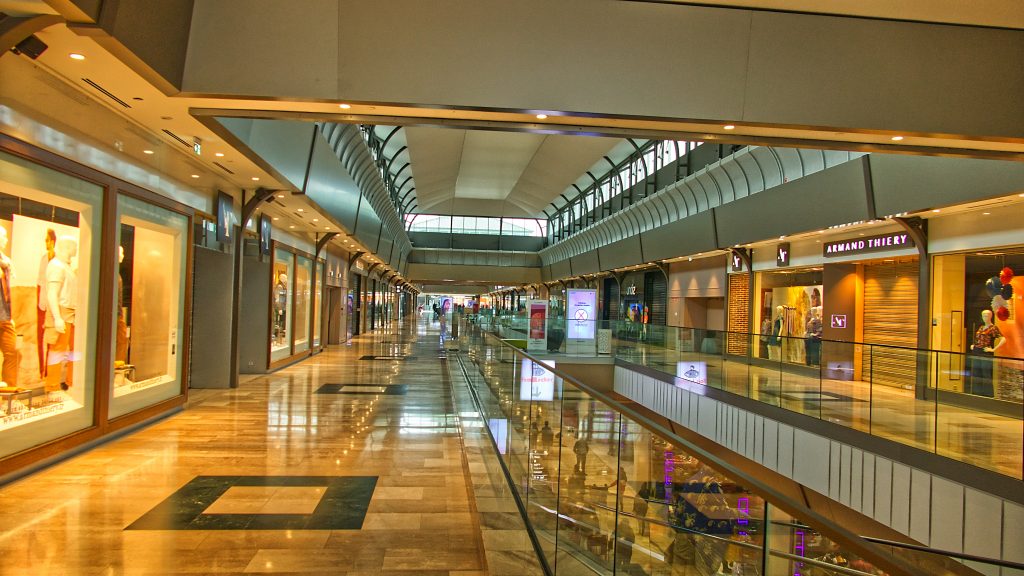
Two days later, before the weekend was over, more new rules were implemented – our prime minister, Edouard Philippe, had been out in the city and seen too much socialising still going on. Indeed, the videos from the streets of Paris showed young people sitting closely side by side on the terraces of restaurants and bars. So, Philippe announced that this was not what minimising social contacts should look like. The same night all bars, cafes, restaurants, cinemas, theatres had to close their doors. Also shops that sell non-essential goods. This was quite a shock for the French who value and enjoy their personal liberties. Things were getting really serious.
However, next day, on Sunday, the first round of local elections took place and people were encouraged to participate: “This is an important part of democracy. You will be safe. We’ll disinfect everything.” At the same, time medical services were telling people not to go. The number of people who showed up was much lower than usually during the local elections.
A day later, on Monday evening, president Macron finally announced what we were waiting for: starting Tuesday midday, the whole country would be on lockdown at least for 15 days! Only a couple of weeks before the authorities had told us it would never happen no matter how bad the situation was. “Because life must go on,” they said.
At the moment of writing this, we are doing our fourth day of confinement. The first day, Tuesday, 17 March, was bizarre. Some hours before the lockdown we witnessed an exodus of the Parisians who couldn’t imagine staying alone, or even worse: with their whole family, in their little city flats. Like rats leaving a sinking ship, the crowds headed to railway stations in order to take refuge in their countryside homes or elsewhere in France, closer to their relatives. In front of supermarkets, people were pushing each other to get into the shops, which reminded me the videos I had seen about Black Friday sales in the US. As if all the shops would close down and we wouldn’t have food after 12 PM. What a party for the germs!
My company decided to close its doors for students and teachers on Monday. Also, my French husband, Anthony, who works in aeronautics (Toulouse and its satellite town of Blagnac are the home of Airbus), could stay home this week. I will probably be on partial unemployment scheme, which will give me 80% of my net salary.
Authorisation on a piece of paper and written in ink
Now we are allowed to be outside in the public space only with a paper of authorisation where one has to write his or her personal details and check a box which indicates the reason of your outing. The possibilities are: going grocery shopping or pharmacy, going to work (for this you need also a paper from your employer), going to the doctor, taking your kids to a nanny, going to help the elderly or the people in need, being out for urgent family matters, and in the very vicinity of your home you can walk your dog or do physical exercise.
Everything must be done alone, no groups. We have printed out some two-sided copies of the official form in order to save paper as everything must be on paper and written in ink. Not on the phone. If you are out without this paper or your reasons are not clear, you get a fine of €135.
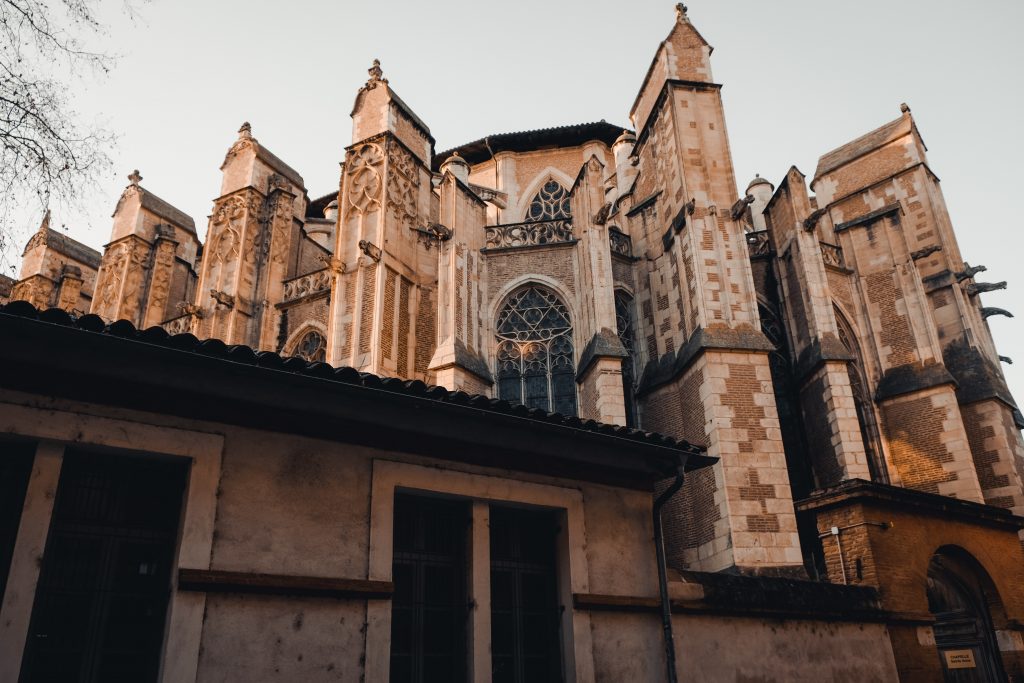
Then my husband and I realised we were going to be home with our two-year old daughter 24/7 and we should organise something for her so that we all can stay sane. During the work days, our daughter is usually at her nanny’s, nounou in French, who lives nearby. The child minding system for under three-year olds in France is divided into two: crèches and certified nannies who keep three to four children in their own homes. In this crazy situation, we definitely don’t want to create more social links and keep taking her to the nounou.
The problem is that the nanny services are not considered as collectives, thus, they were not closed together with the crèches and were allowed to continue their activity. Moreover, they might actually be asked to take more children, up to six, now that the crèches are closed.
Our nounou officially continues although no children are currently present. This means we still need to pay the whole month as officially we are her employers. An unfair situation to the parents who are not taking their children to the nanny and have their own salaries lowered because of closed workplaces. Hopefully something will change and the state will help also the nannies and families.
So, we quickly ordered a sand box from Amazon and some sand from a gardening shop, something we had planned to do for a long time but have been waiting for a warmer weather. They accepted and confirmed the order but gave no information when it would be delivered. Thank god we live in a tiny house with a garden and we can stay outside as much as we want.
Cleaning food packages with disinfecting wipes
On Tuesday, the sky was all grey, eerie silence everywhere. We live in a very small town near Toulouse, so silence is nothing unusual here, but this time, it felt like we were alone in this world. Nothing moved, no sounds, until I heard children’s laughter from a nearby public playground. A family with two children was playing ball games at the playground. It was nice to see some happy faces, but it is forbidden to be there.
It seems some people don’t understand that we are told to stay home for a serious reason. I felt sorry for these neighbourhood children who also saw and heard the family there but couldn’t go to the playground. It is also very hard to explain to our toddler that we cannot go to her favourite place. She keeps asking and hoping that soon we will go.
On day two of the lockdown, Anthony left the house to get our shopping. We had placed an order online and only needed to pick it up at the shop. We have been doing it for a couple of weeks now in order to avoid crowds. “Got your authorisation? Got your ID? Will you please wear a mask when you are talking to the people there?” I asked before he left. Ordering online and paying has been harder and harder, it took ages to finalise and pay for this one.
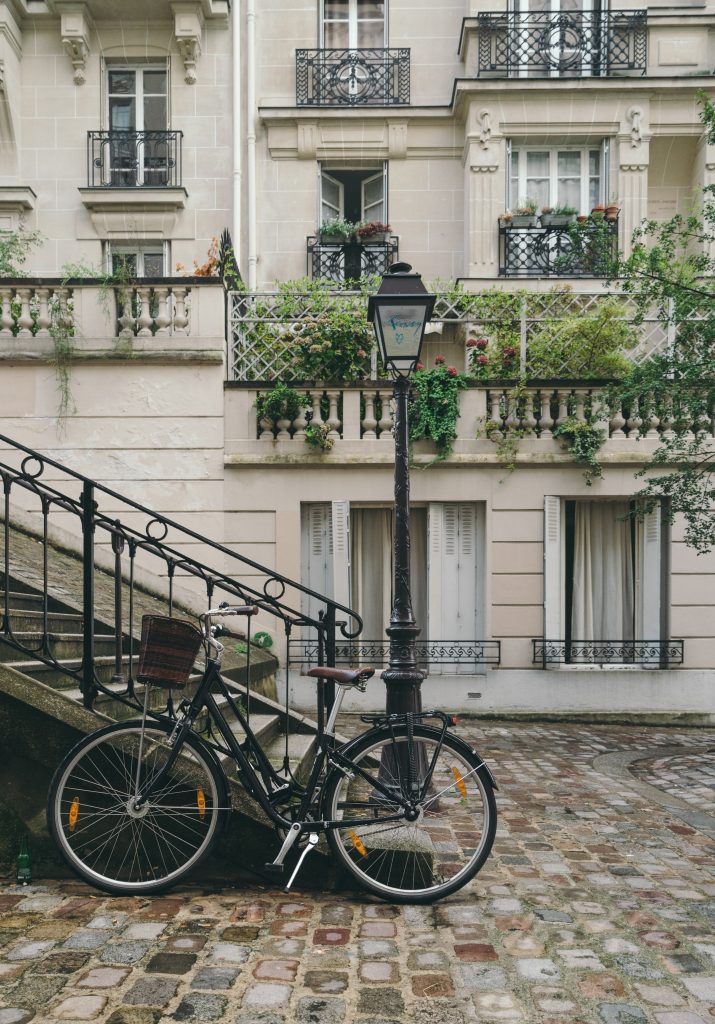
Anthony came back and said the guys at the shop were all wearing protection. They were happy we hadn’t ordered too many things. However, we did not get everything we wanted: water, pasta, some sauces and chicken were not in the bags. Out of stock. Then we followed a careful procedure of cleaning the packages with disinfecting wipes and then disinfecting our hands. It was strange to see my husband, who used to be quite easy-going about hands hygiene and food safety, now doing all this cleaning so seriously.
On the second day of the lockdown, there was much more life outside, voices from different gardens, some people mowing their lawns. A warm and sunny day made more people go out of their homes and again I heard yelling and a ball bouncing, this time from a basket-ball court across from the playground. I felt upset because a lot of people follow the rules diligently in order to finish this madness as soon as possible but some people just don’t care.
On the third day of the confinement, I felt it all started to look the same. Is it Thursday or Saturday? I felt very tired, I had actually been feeling like this for six or seven days. With slightly higher temperature and pressure on my chest. No cough, though, but symptoms vary in people. I called my GP and wished to ask about my symptoms. Until that moment it had been forbidden to go to the GP’s office if you had the coronavirus symptoms. But this time, the secretary gave me an appointment and said that I had to come protected either with a mask of a scarf.
I hesitated about going until the last moment because of the fear of going near sick crowds. “What if my symptoms are just caused by stress and I will catch something while being there? He will only check my lungs but I won’t know if I have the virus or not. They won’t test me anyways,” I was telling myself. At the very last moment I decided to go and get my lungs checked. I filled out the authorisation form, took my documents and covered myself as much as possible. I looked like someone from a disaster movie: protective glasses, FFP3 mask, hair covered with a hood, hands in gloves, only hazmat suit missing.
Do I have the coronavirus?
It was another beautiful and warm day, the trees were blooming but the streets were empty, here-there some cars and then, finally, I saw a couple of people walking. The waiting room of the doctor’s office was luckily empty, the office door wide open, so I just walked in. Usually our 60-something doctor is in his civil clothes; this time he was wearing a white medical gown, rubber gloves and a proper mask. He probably recognised me only by my name as I was all covered. He checked my lungs, they were OK, and he wanted to check my throat, too. I felt unsafe to move my mask, he had to reassure me.
My lungs were OK, but I can still have the virus. “If your condition worsens, take paracetamol for fever, cough syrup for cough,” he added. On my way out he opened all the doors so that I wouldn’t touch anything. At home, we again created a safe system for my arrival: I entered through the garage, quickly removed the clothes and put them in the washing machine, removed the glasses and the mask and binned it, then my husband disinfected my hands. In the house, I walked straight to the bathroom and had a very long shower. I don’t think I had ever been cleaner than I was yesterday. How long will we be able to do these cleaning procedures without going insane? Or maybe we’ll just get used to them.
The numbers keep growing. Actually, it is useless to follow the numbers of infected people as France is not testing everyone any more, only the elderly, severe cases and medical staff. Some hospitalised patients in critical condition have been transported from one part of France to another part where there are more beds and equipment still available.
Police is chasing people away from the streets, from beaches, checking their papers and issuing fines. Some people have been arrested for disobeying the rules and putting others’ lives in danger. However, outdoor markets are still open and on TV we see people doing their shopping at a market in Paris side by side and with no required distance. Almost nobody wears masks. Police is monitoring the crowd.
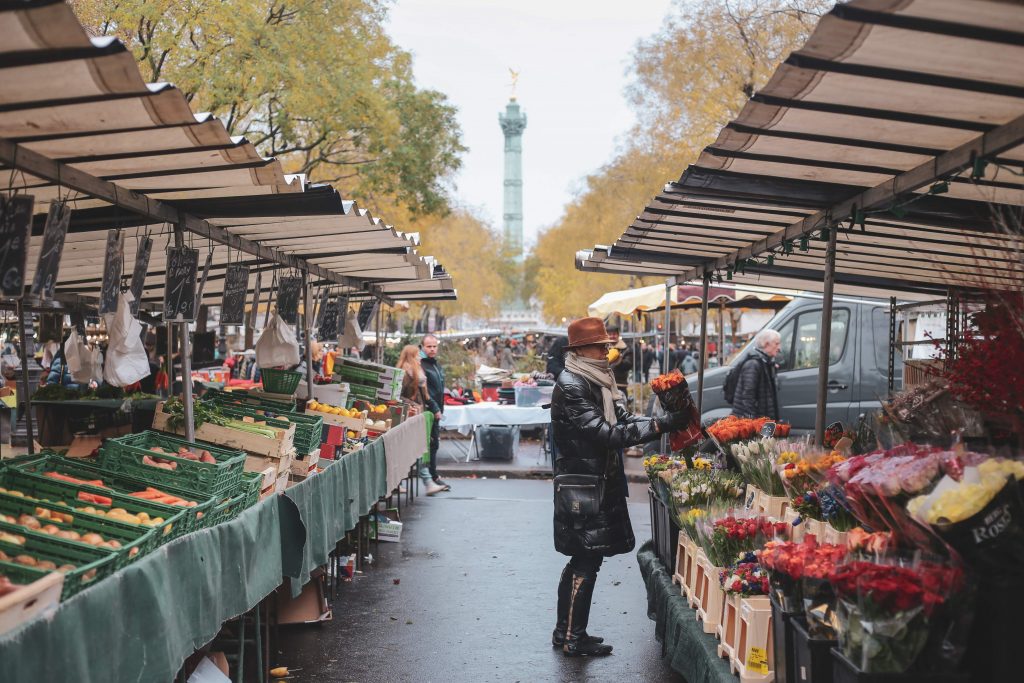
There have been talks about prolonging the confinement and strengthening the rules as many still don’t follow them. I don’t want to see the numbers of the infected and the dead any more. It is frightening. To thank the medical staff, who have to face this new reality daily, people all over France have started the tradition of opening their windows at 8 PM every evening and clapping hands and yelling: “Bravo!” and “Merci!”
I don’t know how long we will have the confinement for, and what it is going to be like in the long run. So many questions that nobody can answer. I think I’m going to keep my mind busy with other things and read some books when our daughter sleeps. Perhaps re-read Boccaccio’s “Decameron”, I would understand the atmosphere so much better now.
For the latest developments in Estonia, follow our special blog on coronavirus.
The opinions in this article are those of the author. Cover: A man wearing a mask walking in front of the Eiffel Tower on the first day of the Paris lockdown. Photo by Fran Boloni/The Paris Photographer on Unsplash.

